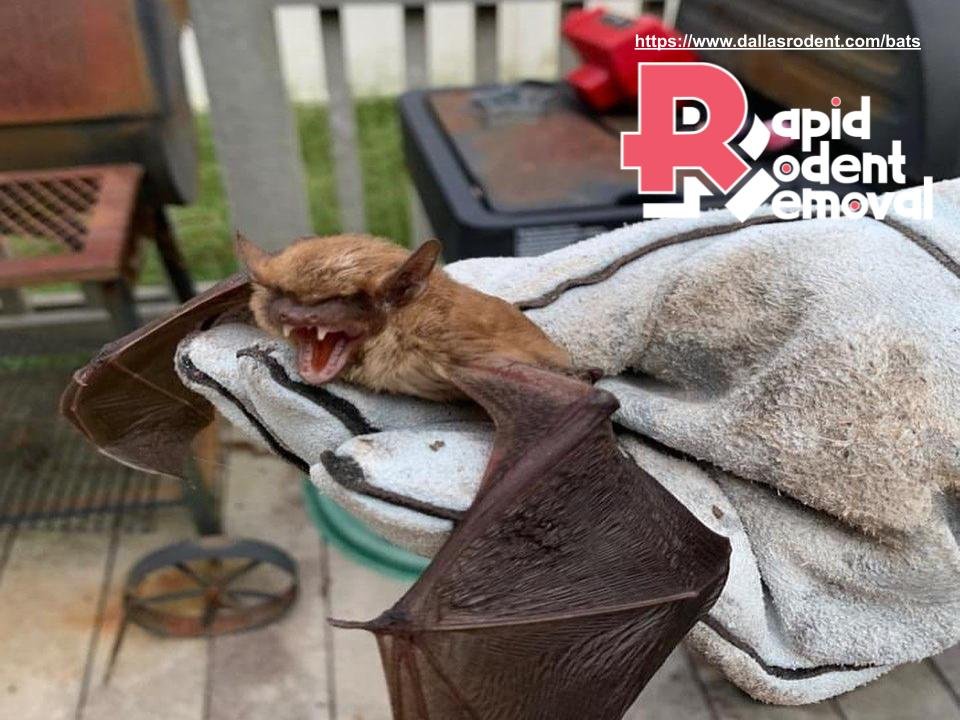Yes, mosquitoes can see in the dark. Mosquitoes have specialized cells in their eyes that allow them to see even in low light conditions.
These cells are called ommatidia, and they contain light-sensitive molecules called opsins that help mosquitoes sense faint light. Mosquitoes use their ability to see in the dark to navigate, locate prey, and avoid becoming prey themselves. Mosquitoes are a common household pest that thrives in warm and humid environments.
They are notorious for their biting behavior, which can cause redness, itching, and even disease transmission in humans and animals. Many people wonder if mosquitoes can see in the dark, as the pests often seem to be most active at night or during low light conditions. Research has shown that mosquitoes indeed possess the ability to see in the dark. Their eyes contain specialized cells called ommatidia, which can detect faint light and help the pests navigate their surroundings. These cells contain light-sensitive molecules called opsins, and they allow mosquitoes to see even in low light conditions. Mosquitoes use their vision to locate food sources such as plants and animals, navigate their environment, and avoid predators. This ability to sense light also helps them find their way to potential breeding sites such as stagnant water. While mosquitoes are often seen as nuisance pests, their ability to navigate in low light conditions is an impressive adaptation that has allowed them to thrive for thousands of years.

Credit: www.dallasrodent.com
Quick Navigation
The Low-Light World Of Mosquitoes
Mosquitoes can navigate in the dark with the help of their highly sensitive eyes. While they do not have night-vision capabilities like some animals, their eyes are adapted to low-light conditions. The compound eyes of mosquitoes contain thousands of individual lenses, each with its own photoreceptor.
This allows them to detect even the smallest amount of light and make their way through the dark. Interestingly, the eyes of male and female mosquitoes are different, with females having larger eyes and better vision than males. As mosquitoes have evolved over millions of years, their eyes have adapted to allow them to survive and thrive in their low-light environments.
Anatomy Of Mosquito Eyes
Mosquitoes are fascinating insects with intricate anatomy and physiology. In particular, their eyes are a marvel of evolution. Mosquitoes have different types of eyes; some are sensitive to light, while others can perceive colors. Their compound eyes have a complex structure made up of numerous tiny lenses called ommatidia, and each one plays a role in mosquito vision.
Interestingly, mosquitoes can see in the dark, but not as well as they can in light conditions. These fascinating creatures are adapted to hunt and mate in low-light environments, making them a formidable foe for those trying to avoid their pesky bites.
So, the next time you see a mosquito hovering around, remember, it can see you!
The Chemistry Of Mosquito Eyes
Mosquitoes are one of the most hated insects, mostly due to their relentless biting during the darkness of the night. But have you ever wondered how they are able to detect you in complete darkness? Mosquitoes use their compound eyes to sense light, just like humans.
But what sets them apart is the sensitivity of their photoreceptors. These photoreceptors consist of different substances like rhodopsin, opsins, and chromophores which play a significant role in detecting and transmitting light signals to the mosquito brain. This process enables the mosquito to detect heat, carbon dioxide, colors, and shapes in the dark.
Understanding the chemistry of mosquito eyes can help researchers develop new ways to control and prevent mosquito-borne diseases.
Mosquito Visual Signals In Low Light
Mosquitoes have highly sensitive eyes that allow them to detect prey in low light. They are able to see in the dark by using different wavelengths of vision, including ultraviolet and infrared light. Additionally, mosquitoes can detect movement and can track their prey’s visual signals to locate them.
The way mosquitoes find their prey using visual signals is a highly complex process that involves multiple sensory systems working together. Through studying the visual signals used by mosquitoes, scientists may be able to develop new ways to control mosquito populations and reduce the spread of diseases they transmit.
Overall, these tiny insects are capable of remarkable visual perception that helps them thrive in a wide range of environments.
Conclusion
Mosquitoes are fascinating creatures with some remarkable abilities, including their exceptional sense of direction and their ability to see in the dark. It turns out that mosquitoes actually have multiple ways of identifying their prey at night, including using their thermal sensitivity to detect body heat and their ability to detect the carbon dioxide we exhale.
Although researchers still have much to learn about how mosquitoes navigate and survive in the dark, recent strides in technology and understanding have opened up new avenues for exploration. With continued research and innovation, we may soon unlock even more secrets of these elusive insects, and discover new ways to keep ourselves safe from their itchy, irritating bites.
So next time you venture outside in the dark, remember: you may not be alone on your nocturnal adventures.